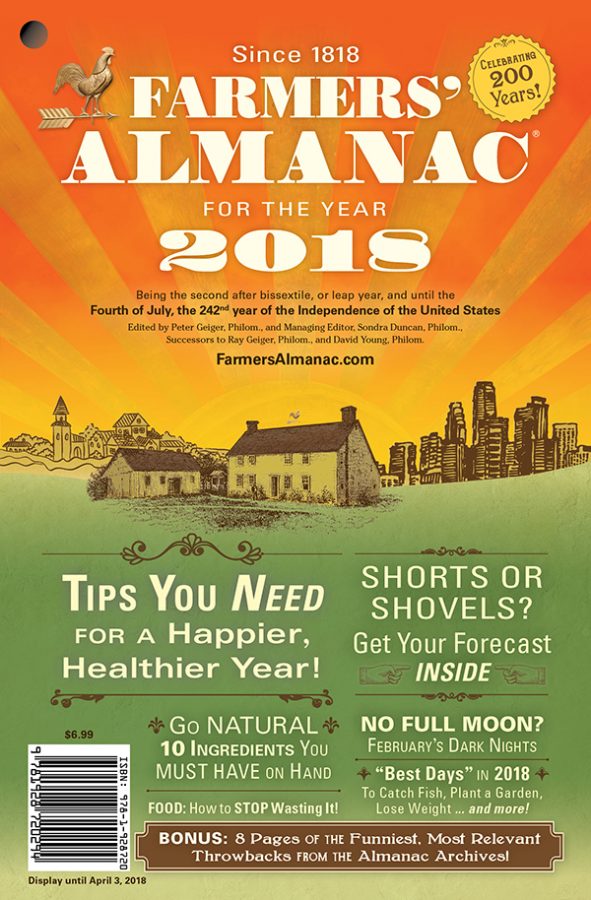Winter is coming
Image is free use via Wikimedia Commons
The Farmer’s Almanac has predicted weather this year to be icy and flaky with average levels of precipitation, though these predictions have been proven to be faulty in the past.
While many Pioneer students are focused on fall, others are already looking ahead to the winter and wondering what we can expect. Will it be snowy and cold? Warm and dry? Can we really even predict the weather? Well, yes…and no.
The Old Farmer’s Almanac predicts Michigan’s experience for this year to be “icy and flaky.” Their models call for roughly average levels of precipitation, though expected week-to-week variation earns this year its “flip-flop” moniker, coupled with below average temperatures. MLive’s Justine Lofton adds that the Almanac’s forecast predicts a mild start to January and a snowy end to the month, followed by a calmer February.
However, the Almanac’s predictions shouldn’t be used to determine winter plans. According to USA Today’s Jay Cannon, meteorologist Jan Null conducted a study of the Almanac’s predictions in 2016 and 2017, assigning good, mixed, or bad ratings to each temperature and precipitation prediction. Null found that just 25% to 33% of predictions were accurate. At this point, you’d better off flipping a coin.
Some students are dreading a repeat of last year’s cold. “If it’s another bad winter, that would be disappointing,” said senior Rachel Lewis. “Because of COVID I only wanted to be with other people outdoors. But you can only spend so much time outdoors in Michigan before you freeze.”
Meteorologist Matthew Cappucci criticized long-term weather prediction in a 2020 article in the Washington Post. “As for the Old Farmer’s Almanac, their forecasts were simply too broad-brushed to objectively evaluate,” he wrote. “The predictions are so nonspecific, and incorporate so many possible outcomes, that it’s next to impossible to claim they’re right.”
AccuWeather.com’s forecasting was slightly more accurate than the old farmers were, but not much so. “In the end, four out of AccuWeather’s eight forecasts were correct,” Cappucci wrote.
Nonetheless, AccuWeather has made its predictions for this winter. “The Great Lakes should brace for a colder-than-normal winter with snowy spells throughout most of the season,” their prediction says. “(It) will start off strong with snowstorms tracking from the foothills of the Rockies through the Great Lakes, providing early-season snow for many.”
The Weather Channel, which released a different prediction, expects this winter’s temperatures to be at or slightly above average, while the National Oceanic and Atmospheric Administration likewise expects a warmer-than-average winter, adding that there will be above average precipitation as well.
Pioneer senior Aicha Sanogo hopes NOAA’s predictions are accurate. “I want it to be a sunny, snowy winter,” she said. “I want it to be warm enough to sit on the porch with hot chocolate and a blanket.”
Despite the confidence these predictions are published with, scientists say they shouldn’t be taken too seriously. If it isn’t already apparent, weather predictions made months out are dodgy.
Pioneer earth science teacher Angela Hood sums it up. “Weather prediction in the long term is a woolly subject at best,” she said. “The polar vortex that closed schools a few years ago, no one could have predicted that months in advance. One week is OK, but beyond that it’s fancy guesswork. They’re educated guesses, but still guesses.”


